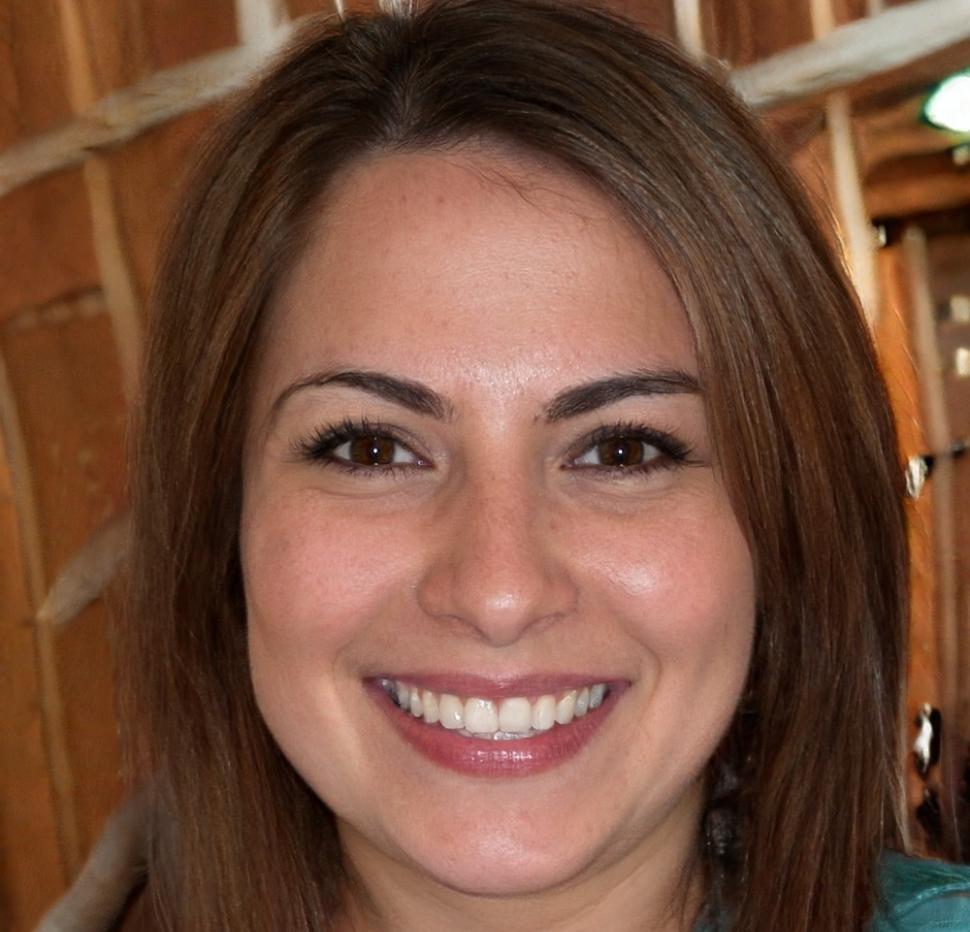Build Financial Confidence That Actually Sticks
Most people know they should budget better. Fewer actually do. We teach practical money skills through real scenarios—not abstract theory. Starting September 2025, join Australians who are reshaping their relationship with finances.
Explore Programs
Real Situations, Not Textbook Examples
Financial education shouldn't feel like memorizing formulas. We focus on decisions you'll actually face.
Scenario-Based Learning
Work through mortgage comparisons, emergency fund calculations, and investment trade-offs using actual Australian market conditions. No hypothetical nonsense.
Habit Formation Focus
Knowing what to do isn't enough. We build tracking systems, accountability checkpoints, and behavioral strategies that help knowledge become routine.
Personalized Pathways
Different life stages need different approaches. Whether you're managing debt, saving for property, or planning retirement, content adapts to your priorities.

What You'll Actually Learn
People often ask what makes our approach different. Honestly? We skip the fluff and focus on skills you'll use next week, not someday.
- Build budgets that account for irregular income and unexpected expenses
- Compare financial products without getting lost in marketing language
- Set up automated systems that make saving effortless
- Understand tax implications of different investment strategies
- Create debt repayment plans that actually work with your lifestyle
Programs start in autumn 2025. Most students commit around 6-9 months to complete core modules, though you can move faster or take breaks as needed.
How Learning Actually Happens
We've tested different formats over the years. This structure emerged from what actually helps people retain information and take action.

Foundation Phase
Start with money psychology and tracking habits. You'll spend 3-4 weeks getting clear on where money actually goes—most people are surprised by the results.
Strategy Development
Build your personal financial plan using real numbers. This includes goal setting, risk assessment, and creating systems that match your decision-making style.
Implementation Support
Theory meets reality. Get feedback on your actual financial decisions, troubleshoot obstacles, and adjust strategies based on what's working.

Rhiannon Beckett
Lead Financial Educator
I spent eight years in personal banking before realizing most financial stress comes from information gaps, not income problems. Started mythovenaros in 2013 to teach the practical skills banks assume people already know.
My background is in behavioral economics—which basically means I'm fascinated by why smart people make questionable money decisions. That perspective shapes how we teach here.
Ready to Change Your Financial Trajectory?
The autumn 2025 intake opens in June. Early registrations help us tailor content to participant needs, so there's benefit to getting in touch sooner rather than later.